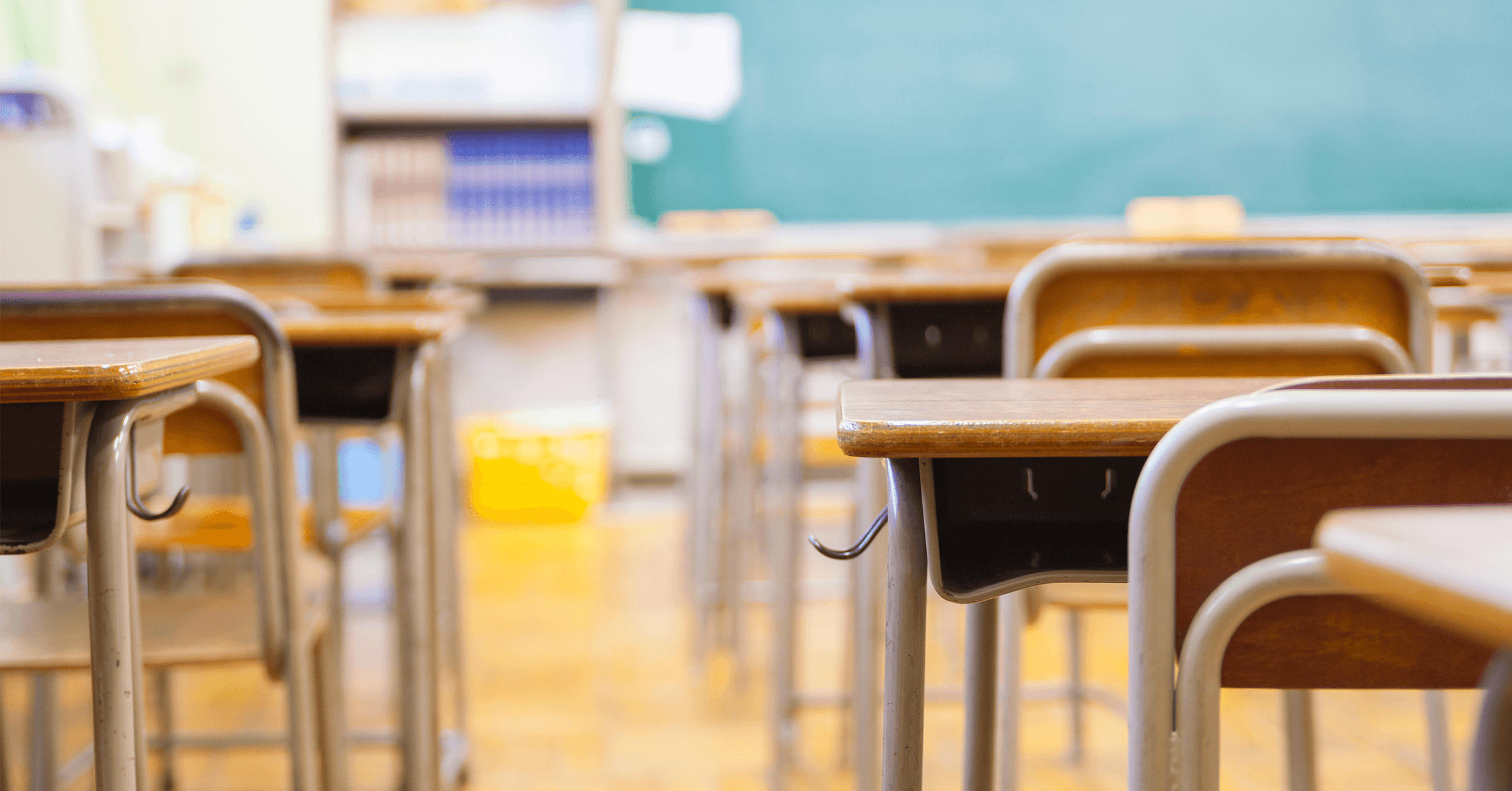Second Step® Insights
How Human Skills Programs Can Help Improve Attendance and Energize Your School
March 12, 2025 | By: The Second Step® Team

Chronic absenteeism is a growing epidemic that schools cannot afford to ignore. With more students missing 10% or more of school days, the consequences are far-reaching: academic struggles, increased dropout rates, and lower rates of college attendance. But there’s a solution that’s not just effective—it’s game-changing: school-based human skills programs.
Human skills are building blocks students need to achieve goals, overcome obstacles, and form meaningful relationships. But human skills programs do more than teach students how to regulate their emotions and communicate with others—they also help students feel seen, heard, and most importantly, wanted. The results? Improved attendance, stronger academic performance, and a positive school climate that draws students in rather than pushing them away.
The hidden cost of chronic absenteeism
Chronic absenteeism doesn’t just hurt grades—it can negatively impact future success. Students who miss school are more likely to fall behind academically, making it harder to catch up as the gap widens over time.
But what’s behind this growing issue? It’s not just about kids “not showing up.” For many students, it’s about feeling disconnected, unsafe, or unsupported. Issues like negative school climate, negative relationships with teachers or staff, and mental health struggles keep students home, where they feel safer or more comfortable.
For example, the 2023 Youth Risk Behavior Survey revealed that nearly 13% of students, and almost 19% of LGBTQ+ students, reported skipping school due to safety concerns. These numbers underscore how the feeling of being unsafe or disconnected can drive absenteeism and how essential it is to address the emotional needs of students in any intervention strategy.
The game changer: human skills programs
Here’s where human skills programs come in. These programs go beyond teaching students emotion regulation and communication skills. They’re designed to empower students to cope with mental health challenges, navigate social difficulties, and foster positive relationships with both peers and staff.
The proof is in the research. Universal school-based human skills programs can help improve student engagement, sense of belonging, and school climate.
These programs help educators foster environments where kids want to be, not because they have to but because they feel seen—and most importantly, included.
When students feel like they belong, they’re more likely to want to come to school. It’s that simple.
A rise in engagement and attendance
The math checks out: students who feel engaged, supported, and safe are more likely to attend school regularly.
Research shows that school-based human skills programs, such as Second Step® programs, foster these positive conditions by improving student engagement, relationships with teachers and peers, and a more positive school and classroom climate.
Schools that have utilized these programs to support their students’ essential needs, including their sense of belonging, have seen measurable improvements in attendance, tardiness, and classroom climate.
The power of positive relationships
Relationships matter. Teachers who prioritize connecting with students can help boost engagement. Having positive relationships with teachers can help students want to come to school because they feel like they matter, because they look forward to those daily interactions.
Don’t underestimate the value of students feeling like they’re an important part of their school community. Kids who feel like they belong tend to have better mental health, be more engaged, and do better academically.
Research shows that small gestures, such as greeting students at the door or giving praise regularly, help increase both engagement and attendance. These simple, everyday actions could make all the difference in fostering a connection with students that directly impacts their willingness to come to school.
Improved bullying prevention efforts
But it doesn’t stop with positive reinforcement. It’s also vital to create a school environment that actively addresses bullying. Bullying—both in person and online—pushes kids away from school.
Schoolwide initiatives that focus on strengthening students’ fundamental relationship skills—like empathy, perspective-taking, and conflict resolution—are shown to improve school climate and help reduce bullying. When students are empowered to act as allies in preventing bullying, the school environment becomes safer and more welcoming.
Ready to impact your school?
Chronic absenteeism is a complex challenge, but we can help. Implementing human skills programs helps school leaders and educators build a foundation that can lead to reduced absenteeism, increased student engagement, and improved school climate.
When students feel connected, valued, and safe, not only do they attend more regularly—they also thrive academically and socially. Your institution becomes not just a school but a supportive space for students to learn and grow.
If you’re ready to make a positive impact in your school, slash absences, and build an environment where every student belongs, it’s time to explore Second Step programs for Early Learning through Grade 12. Learn more about how these programs can benefit your school community.
Tailored solutions are only a click away
The Second Step family of programs is designed to help your students succeed both in the classroom and in life. Schedule a free district consultation with the Second Step team to discuss your school community’s unique needs and goals.